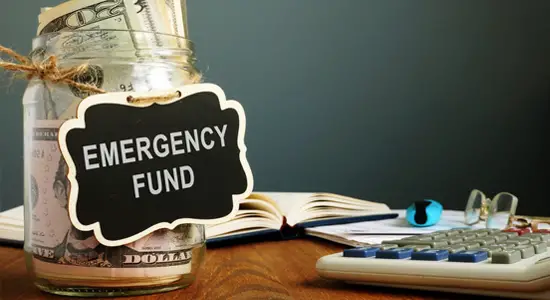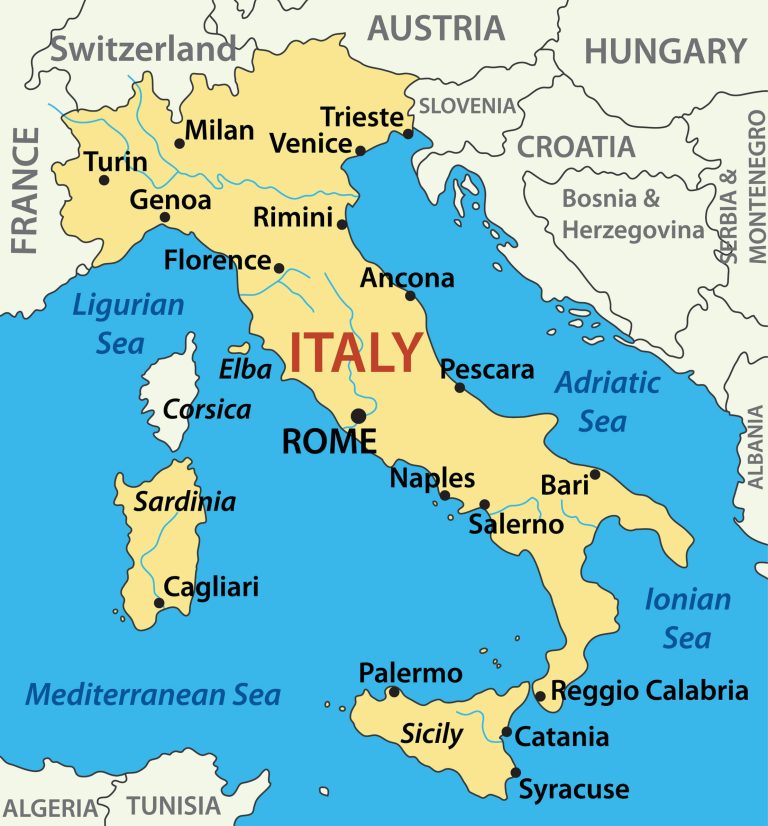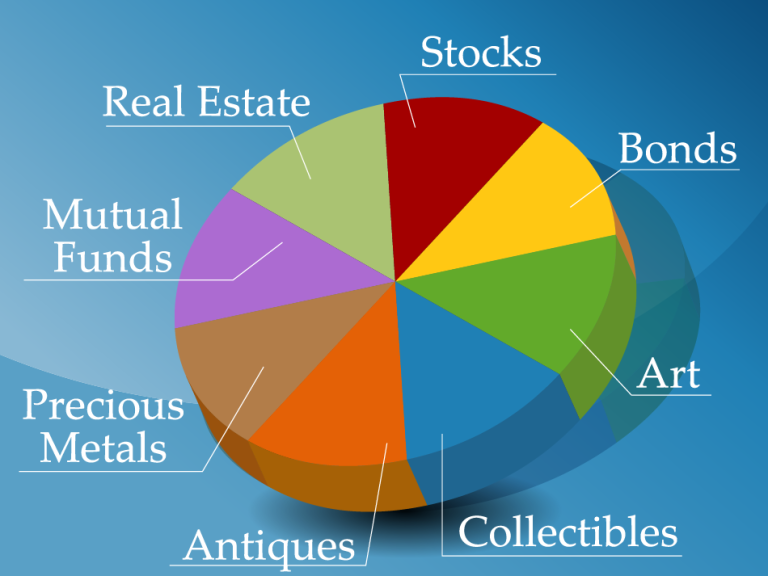
An emergency fund is a financial safety net designed to cover unexpected expenses, such as medical emergencies, job loss, urgent home repairs, or car breakdowns. It prevents individuals from relying on credit cards or loans during financial crises, reducing stress and avoiding debt accumulation.
Why You Need an Emergency Fund
- Financial Security – Provides peace of mind knowing you can handle unforeseen expenses.
- Debt Prevention – Helps avoid high-interest loans or credit card debt.
- Job Market Volatility – Protects against income instability, especially in uncertain economic conditions.
- Health Crises – Covers medical emergencies without disrupting long-term financial goals.
- Economic Changes – Shields against inflation, market downturns, and rising living costs.
How Much Should You Save?
- General Rule: Experts recommend saving three to six months’ worth of living expenses.
- Personalized Approach:
- If you have stable employment, three months may suffice.
- If you work in a volatile industry, aim for six months or more.
- Families with dependents may need a larger fund.
Step-by-Step Guide to Building an Emergency Fund
- Set a Savings Goal – Calculate your monthly expenses (rent, utilities, groceries, insurance) and multiply by the number of months you want to cover.
- Create a Budget – Identify areas where you can cut unnecessary spending to allocate funds toward savings.
- Open a Separate Account – Keep your emergency fund in a high-yield savings account for easy access and growth.
- Automate Savings – Set up automatic transfers to ensure consistent contributions.
- Start Small & Increase Over Time – Even saving $10–$50 per week can add up.
- Avoid Using It for Non-Essentials – Reserve the fund strictly for emergencies.
- Replenish After Use – If you withdraw from it, prioritize rebuilding the balance.
Where to Keep Your Emergency Fund
- High-Yield Savings Accounts – Offers liquidity and interest growth.
- Money Market Accounts – Provide slightly higher returns with easy access.
- Short-Term CDs – Can be an option if you don’t need immediate access.



